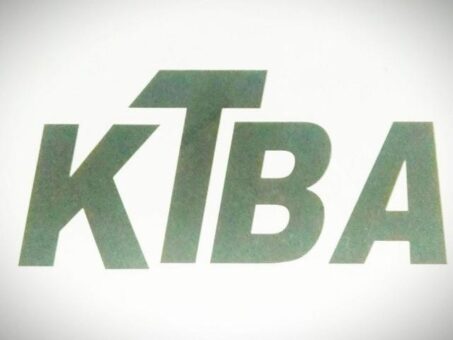KARACHI: Taxpayers have not been provided to declare exempt purchases in sales tax return form at IRIS, which resulted in issuance of huge number of show cause notices regarding apportionment of input tax in relation to taxable and exempt sales in the return.
Karachi Tax Bar Association (KTBA) on Thursday highlighted this important issue by sending a letter to the chairman of Federal Board of Revenue (FBR).
READ MORE: Baggage rules amended for lowering cash limit for outbound passengers
KTBA President Syed Rehan Hasan Jafri through this communication apprised the FBR chairman that a large number of show cause notices had been issued by field offices in Karachi in respect with apportionment of input tax in relation to taxable and exempt sales in the return.
Bar members have complained that the notices were issued without any application of mind or any desk audit of the cases.
Jafri said that as per Sales Tax Rules, 2006 only common input tax is required to be apportioned between taxable and exempt sales. Therefore, before issuance of a show-cause notice it is mandatory to have a basic understanding of the business about its taxability or exemption of the goods being supplied by taxpayer. “The current notices are directly being confronted to the taxpayers through a show-cause notice that they have not apportioned their input tax.”
READ MORE: FBR halts POS prize scheme
These show-cause notices contain a table wherein, on the basis ratio of exempt sales to total amount of sales, an amount of disallowance of input is computed.
This entire action is being done without appreciating the law that as per Rule 25(1) input tax directly attributable to taxable sales is completely allowable and only common input tax is required to be apportioned.
Even otherwise, the application of apportionment has to be within strict parameters defined under Rule 25(3) of the ST Rules, which allows apportionment of residual input tax only.
The definition of ‘residual input tax’ envisages the concept of apportionment of input tax suffered on ‘raw material, ‘component’ and ‘capital goods’.
The FBR chairman has been urged to directed field offices to ascertain the nature of business of the taxpayers first and then conduct desk audit and only thereafter, if there remains a need for it, before issuance of a show-cause notice, the information may be requested from the concerned taxpayers. “A show cause should be issued only once after any discrepancy is identified,” according to the letter.
READ MORE: Tax on persons receiving dividends in Pakistan
Since the field officers have already issued the notices and asking for apportioning the input tax on exempt sales vis-à-vis total value of sales, but they are not inclined to accept that exempt sales are made from exempt purchases from the unregistered persons, even in the presence of substantiating evidence.
It may be assumed that the officers had taken the position because such purchases are not reported in the sales tax returns while on the contrary the sales tax returns on IRIS do not any have option to report exempt purchases made from unregistered persons. “Therefore, it is practically not possible for a taxpayer to report exempt purchases from the unregistered persons.”
READ MORE: Direct tax collection up 41% in four months of current fiscal year: FBR
The KTBA requested the FBR chairman to direct the field offices to: consider exempt purchases made by taxpayers from unregistered persons and not to apportion input tax in respect of such exempt sales; and sales tax return may be updated to provide for reporting of exempt purchases from unregistered persons.
